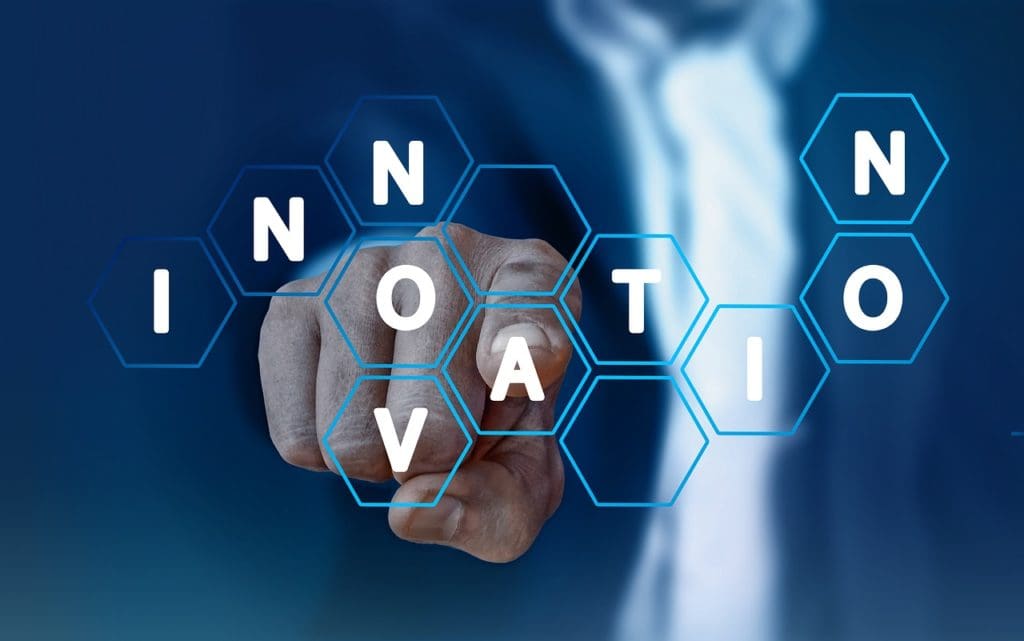 If there is any constant in travel, it is that the playing field constantly changes. Business travelers, corporate travel managers, and travel management companies (TMC) like Covington must all adapt to continual changes in order to perform well and facilitate our individual business objectives. At the 2017 Global Business Travel Association (GBTA) conference, a panel described five forthcoming game changers to managed travel. Which of these trends will impact you or your travel program the most?
If there is any constant in travel, it is that the playing field constantly changes. Business travelers, corporate travel managers, and travel management companies (TMC) like Covington must all adapt to continual changes in order to perform well and facilitate our individual business objectives. At the 2017 Global Business Travel Association (GBTA) conference, a panel described five forthcoming game changers to managed travel. Which of these trends will impact you or your travel program the most?
Virtual Payment
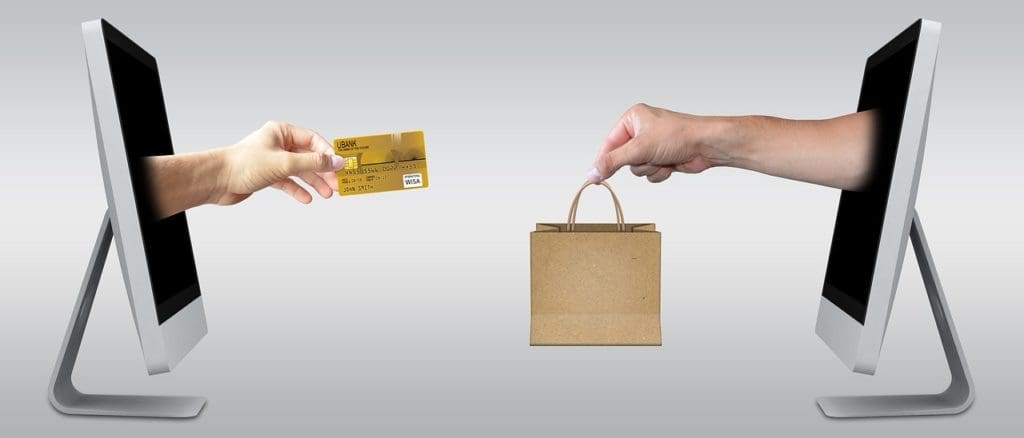 Virtual payment is already in use by many organizations. The system integrates a unique, controllable credit card number into the payment process. The number is a one-use form of payment unique to a particular situation and is invisibly embedded into the whole travel process from booking to reconciliation. There is no physical card, so it reduces the risk of individual abuse and controls exposure. Reservation systems, Concur, and banks can all process virtual payments because they are card numbers just like physical cards. Virtual payments can help with cost reduction, tracking, and understanding spend patterns.
Virtual payment is already in use by many organizations. The system integrates a unique, controllable credit card number into the payment process. The number is a one-use form of payment unique to a particular situation and is invisibly embedded into the whole travel process from booking to reconciliation. There is no physical card, so it reduces the risk of individual abuse and controls exposure. Reservation systems, Concur, and banks can all process virtual payments because they are card numbers just like physical cards. Virtual payments can help with cost reduction, tracking, and understanding spend patterns.
Virtual payment is a game changer in seeing travel expenditures in real time and gaining control of all managed travel expenses.
Incentivized Behavioral Change
 Incentivized behavioral change is a way of influencing decision making by using material rewards. Employees get a tangible, valuable benefit in exchange for making a company-friendly decision. Every year $1.25 trillion is spent on travel and $250 billion of that is wasted spend. The fact is, most people don’t care about corporate cost, so if you can change behavior, there is a huge opportunity to return value to the organization.
Incentivized behavioral change is a way of influencing decision making by using material rewards. Employees get a tangible, valuable benefit in exchange for making a company-friendly decision. Every year $1.25 trillion is spent on travel and $250 billion of that is wasted spend. The fact is, most people don’t care about corporate cost, so if you can change behavior, there is a huge opportunity to return value to the organization.
This isn’t about mandating compliance or gamifying participation where the “player” only gets a pat on the back. Instead, employees receive real value when they go out of their way to reduce cost. For example, if an employee receives a reward when they fly coach, even though the travel policy allows business class, or takes a connecting flight when direct is allowed, they are more motivated to change behavior.
Hotels incentivize behavior with loyalty points by offering late checkout, upgrades, and free Wi-Fi. An organization can motivate travelers to act in the company’s best interest, too, by offering rewards that align travelers’ interests with those of the business.
Artificial Intelligence
 Artificial intelligence is moving into the mainstream very quickly, although you may not even realize you’re using it. Platforms such as Slack, Facebook Messenger, Skype and Microsoft Teams regularly use chatbots. Chatbot adoption is growing three times faster than the adoption of mobile apps and will provide a transformative experience for travelers.
Artificial intelligence is moving into the mainstream very quickly, although you may not even realize you’re using it. Platforms such as Slack, Facebook Messenger, Skype and Microsoft Teams regularly use chatbots. Chatbot adoption is growing three times faster than the adoption of mobile apps and will provide a transformative experience for travelers.
Travel is becoming increasingly personalized, particularly with Millennials’ embracing the bleisure trend of merging business and leisure travel. Chatbots allow travelers to ask open-ended questions and get answers immediately without human interaction – and they are available 24/7. Travel managers can use chatbots to loop in colleagues and coordinate group travel. For TMCs, chatbots bring services to travelers in the platforms they are already using.
The applications of artificial intelligence are endless and scalable, making it a significant game changer for all parties in travel management.
Blockchain
 A blockchain is a distributed database that is not so much an innovation in payments as it is an innovation in security. It decentralizes the power structure because there is no single intermediary that can control all of the data.
A blockchain is a distributed database that is not so much an innovation in payments as it is an innovation in security. It decentralizes the power structure because there is no single intermediary that can control all of the data.
The technology enables virtual payments and reduces cost because there is no bank middleman charging transaction fees. The travel industry could also thrive in a decentralized marketplace. Currently, distribution fees are arbitrarily set by the middlemen – OTAs and GDS – who control all the data collected, prevent innovation and create high entry barriers to competition. A blockchain system removes the intermediary. Data becomes available and the free market determines the distribution cost.
Blockchain innovation is in its infancy in the travel industry, but after wide implementation, it will be a game changer by reducing the cost of travel for individuals while improving profitability for suppliers.
Internet Gatekeepers
 Internet gatekeepers for travel bookings may be your TMC, your Concur booking site, or preferred supplier car and hotel apps. By booking via approved sources, travelers prioritize their own travel experience with personalized services and ensure duty of care responsibility for the organization.
Internet gatekeepers for travel bookings may be your TMC, your Concur booking site, or preferred supplier car and hotel apps. By booking via approved sources, travelers prioritize their own travel experience with personalized services and ensure duty of care responsibility for the organization.
If someone books travel outside the managed program, they are likely getting different results than if they followed protocol. It affects the specific information and travel options they see and how they see them. It fragments the booking process and creates challenges in data aggregation.
The game changer is for travel managers and businesses to consult with their TMC to determine what actionable steps they might take to improve their managed travel program.
These five trends will be game changers in travel management. To further discuss their impact, contact Business Travel Services at Covington Travel.



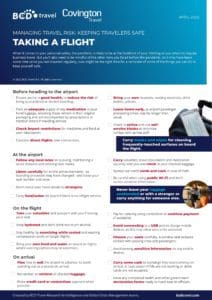

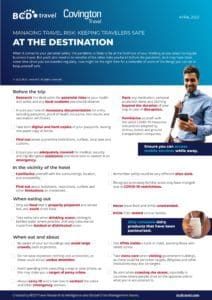
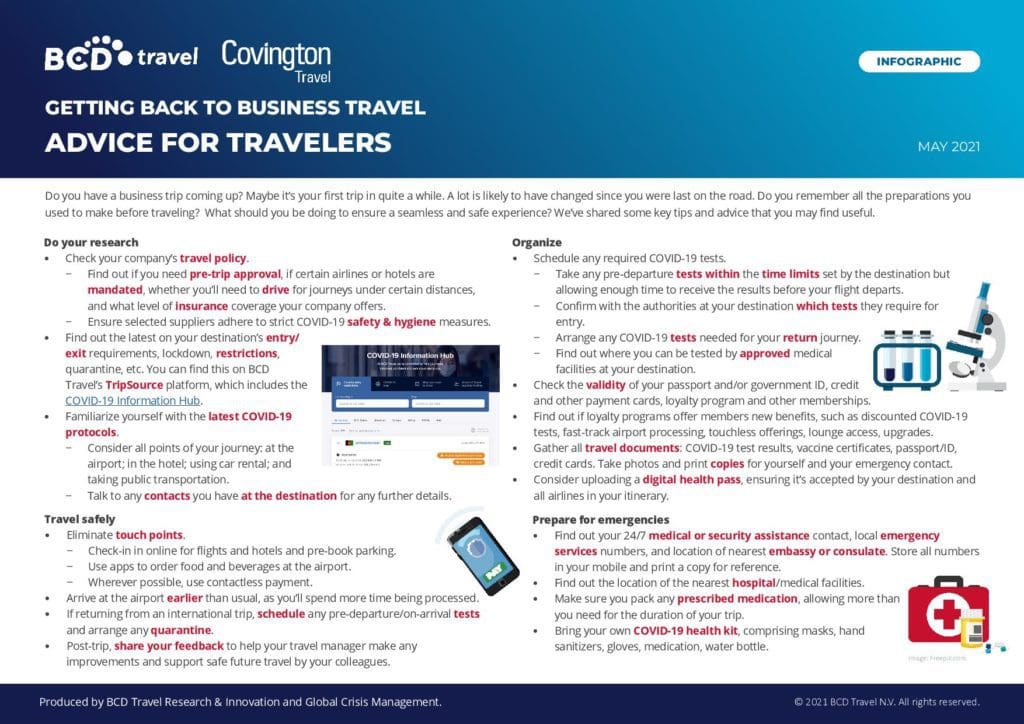
Leave a Reply